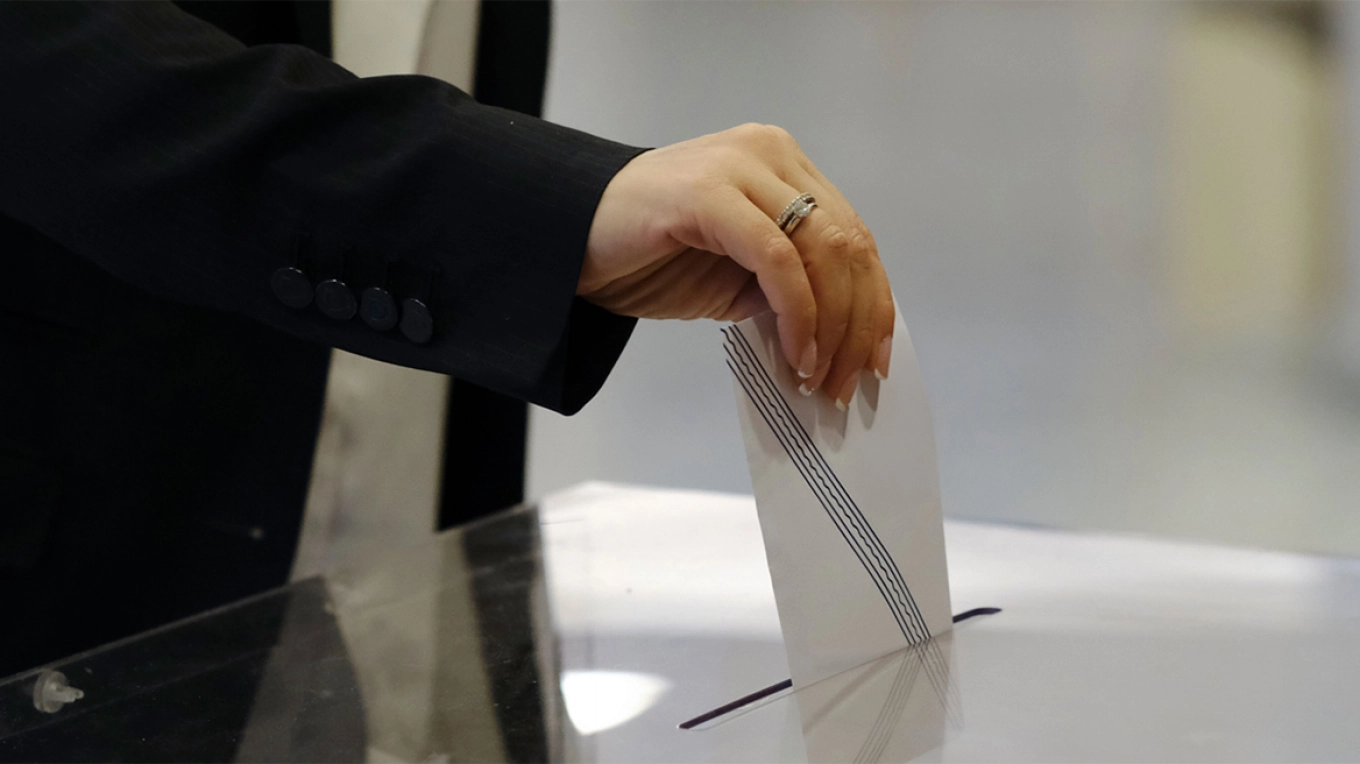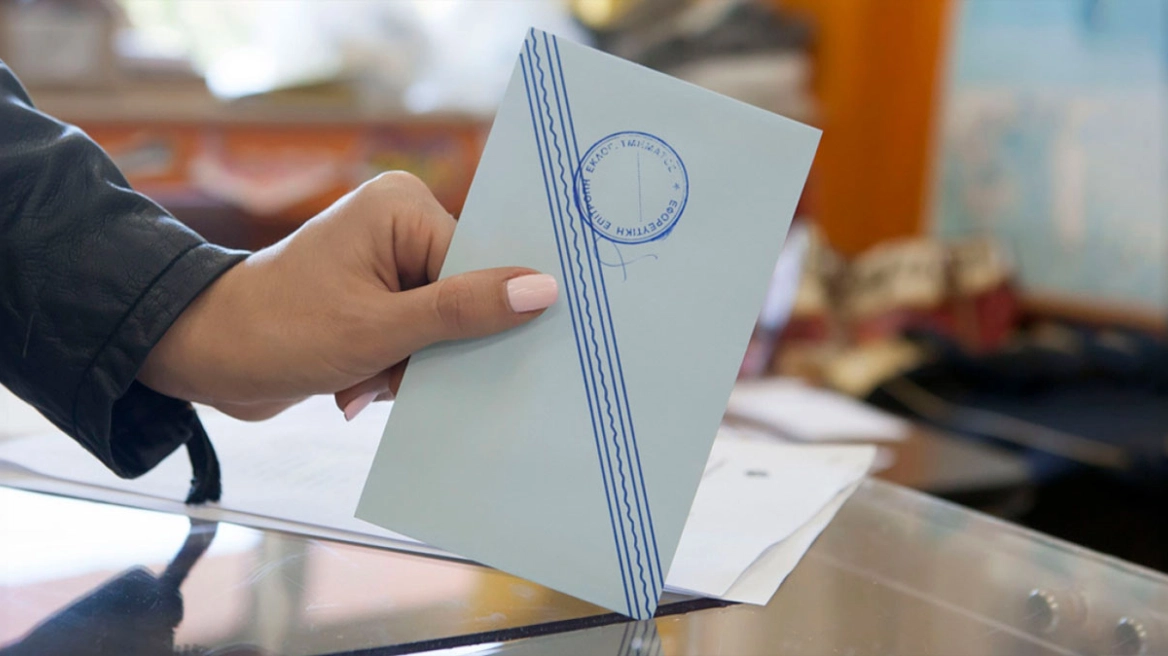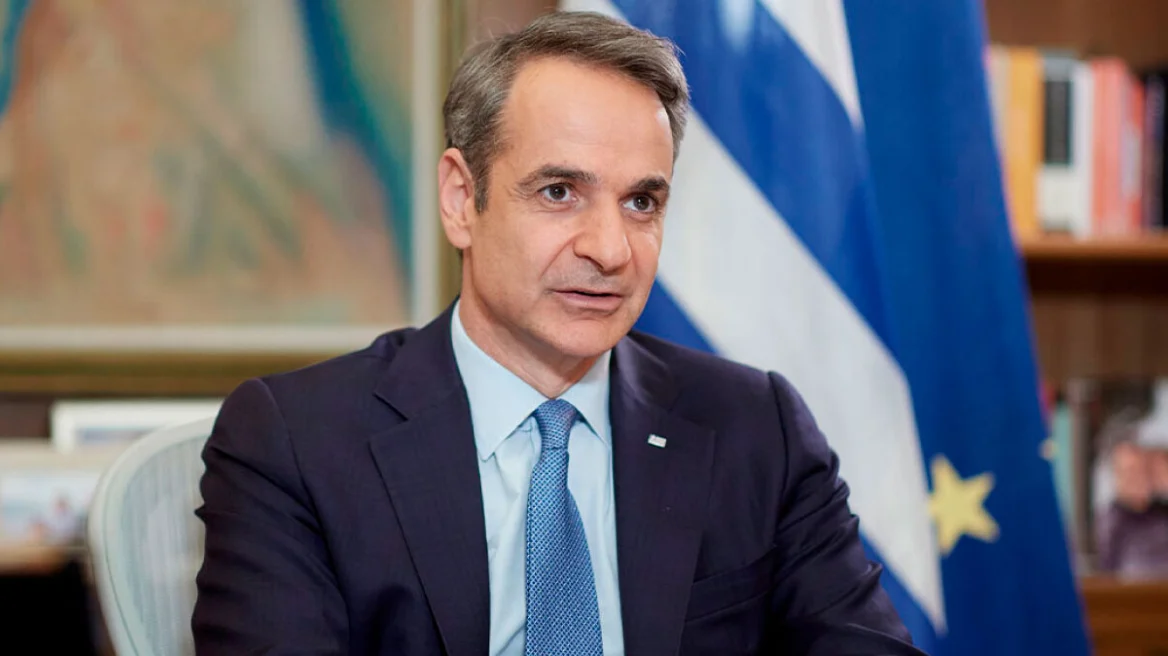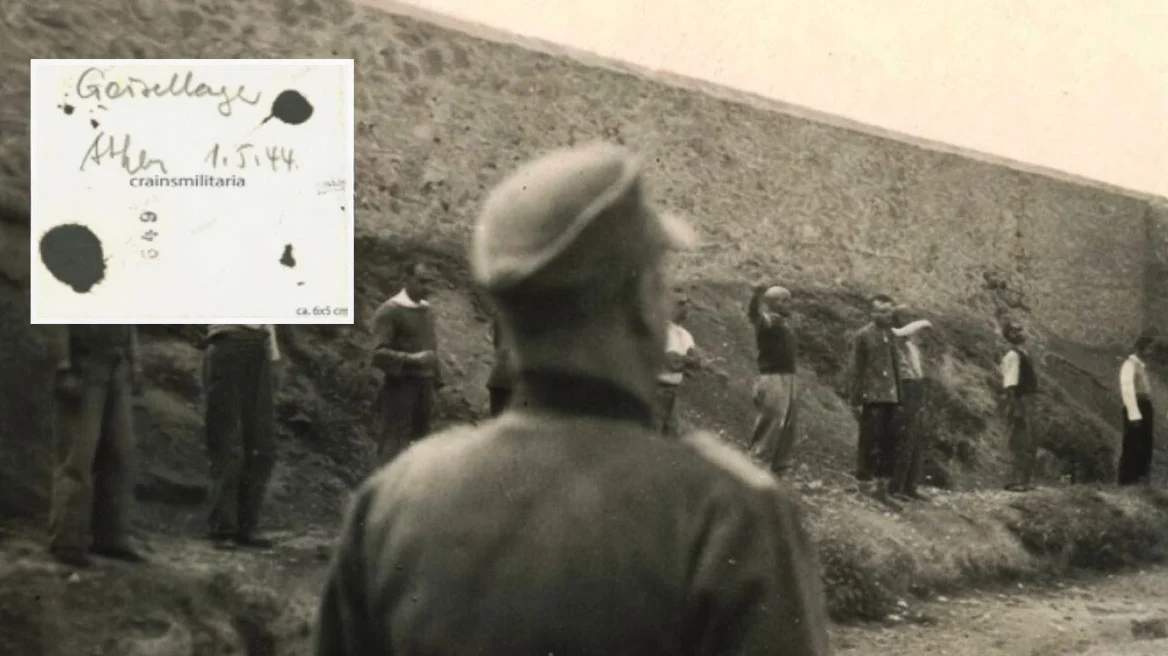Russia is expected to make almost $321 billion from its energy exports this year — over a third more, according to Bloomberg, than last year.
Twenty-seven European Union member states, despite adopting five packages of sanctions since Russia invaded Ukraine on February 24, have nevertheless spent at least around 35 billion euros — around $38 billion — in payments to Russia for its oil and gas since the invasion, according to the EU’s foreign-policy chief, Josep Borrell.
The EU is finding it more than difficult to beat its dependence on Russian oil and gas, thereby, sadly, financing Russia’s war effort. Thirty-six percent of Russia’s revenues last year came from the sale of oil and gas. “Oil revenue makes up a large share of Moscow’s budget. It is a key funding source for Putin’s invasion of Ukraine. Slashing Russia’s oil revenue could hasten an end to the conflict,” American Enterprise Institute resident scholar Michael R. Strain recently wrote.
The EU as a whole, thus far, has only managed to agree on banning imports of Russian coal, which last year amounted to a mere €4 billion annually, a much smaller number than for oil and gas. Facing increasing pressure to stop importing Russian oil and gas as Russian war crimes continue to mount, Europe is frantically looking for energy alternatives, both short- and long-term.
There are, however, European countries that have already decided to stop importing Russian oil and gas. Lithuania recently did so; its president, Gitanas Nauseda, tweeted, “If we can do it, the rest of Europe can do it too.” Poland also announced that it will end imports of Russian oil and gas by the end of this year.
Military takes UFOs seriously at congressional hearing: “We want to know what’s out there” (video)
On April 27, Russia declared that it was cutting gas to Poland and Bulgaria. Both countries had refused to pay for gas imports in Russian rubles, as Russia’s President Vladimir Putin had demanded. Other countries may now also soon face a sudden cut-off of Russian gas deliveries. According to Edward Gardner of Capital Economics:
“President Putin’s decree that gas payments made by ‘unfriendly’ countries must be denominated in rubles raises the risk that supply could be cut off to other European countries when payments are due in the next few weeks.”
Germany’s Chancellor Olaf Scholz warned that a disruption of Russian gas supplies could cause Germany to enter a recession. Germany, he said, must be prepared that it could be the next country to which Gazprom cuts gas deliveries. Europe, therefore, needs a multitude of alternatives to the Russian energy supply.
One of those alternatives is the proposed 1,900-kilometer EastMed pipeline, which would carry natural gas extracted from offshore gas fields under the waters of Israel’s and Cyprus’s Exclusive Economic Zones, to Greece and from there to Italy and other European countries. The pipeline was originally scheduled for completion by 2025, at an estimated cost of 6 billion euros, and is projected to have the initial capacity to transfer 10 billion cubic meters of natural gas a year. The pre-feasibility studies, conducted from 2015-18 and paid for by the European Union, found that the project was “technically feasible, economically viable and commercially competitive.”
Read more: Gatestone Institute
Ask me anything
Explore related questions





